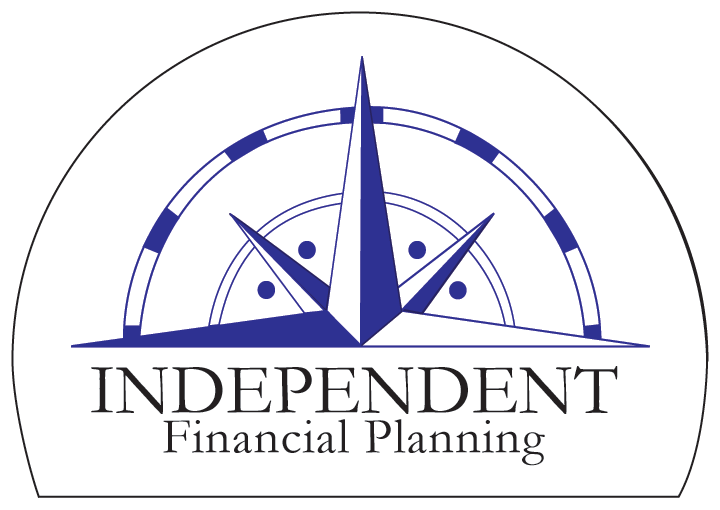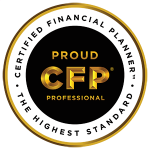Student debt is a real problem for many college graduates. Over 70% of students will graduate with loans in 2015, according to the Wall Street Journal, and the average debt per borrower is an astounding $35,000. What are some of the best ways to pay down that student debt as quickly as possible?
Build a budget. A budget is not a four-letter word. It is the building block of your financial future. Before you can begin enjoying the benefits of compounding, a down payment for your first home, or any of the myriad benefits of saving, you first have to get out of debt. Knowing how much you have coming in every pay period and how much is going out is the first step. Then, once you realize how much is going toward housing and eating out, you can prioritize your expenses, and make sure you’re making headway on paying down your debt.
Tackle your highest percentage expense – housing. I have met with many in the DC area that have student debt and still decided to live in Georgetown or Arlington in spite of the high cost of housing. Financial inputs aren’t always the most important inputs in decision making and I realize that living with your girlfriends in Georgetown after graduation is a once-in-a-lifetime opportunity. I’m OK with that but count the cost as well. If moving out toward Falls Church or “north Bethesda” can save you hundreds of dollars a month on housing, not to mention condo fees, is it worth it?
Eat in. Eating out is another of the large discretionary expenses in the average recent graduate’s budget. Reducing the number of times per week that you eat out. Instead invite your friends over rather than meeting them out. The additional cost in food at the grocery store for three or four of your friends is often less than a single person eating out at a nice restaurant.
Ask for help. Many of the individuals I see who have paid off their student debt quickly have asked their parents or other family for help. A matching program to pay down the debt may be appealing to fiscally responsible parents but even the little things I see my clients do for their children add up. Some parents pay for their car insurance or their part of the family phone plan. There is even the dreaded, living with your parents approach. Culturally it goes against the grain but more graduates are living at home for the first few years out of college. Living at home works financially because housing, again, is a significant monthly expense.
Take a second job. It can be really hard to make enough to live and pay student debt, especially for those with six figures of debt. One option is to take a part time job in the evenings to make a good dent. One individual worked as a part time bartender, another in the stockroom of a well-known retailer. The extra income can be applied to whatever holes still exist in the budget.
Finally, a note on seeking loan forgiveness. The Public Service Loan Forgiveness Program is available for government or non-profit employees who have made 120 qualifying monthly payments. So you have to pay for 10 years and it only forgives direct loans, not FFEL or Perkins Loan programs. It started in 2007 so the details on the application to receive forgiveness is not complete. I would not recommend anyone to depend or plan on having his or her loan forgiven.
Student debt is often a manageable cost for graduates that have begun their careers. However, in some cases it is a large load to bear. The debt is impacting financial and social decisions like deciding to buy a home or to get married. What has been your solution for paying down your debt? I’d like to hear how it’s working out.


